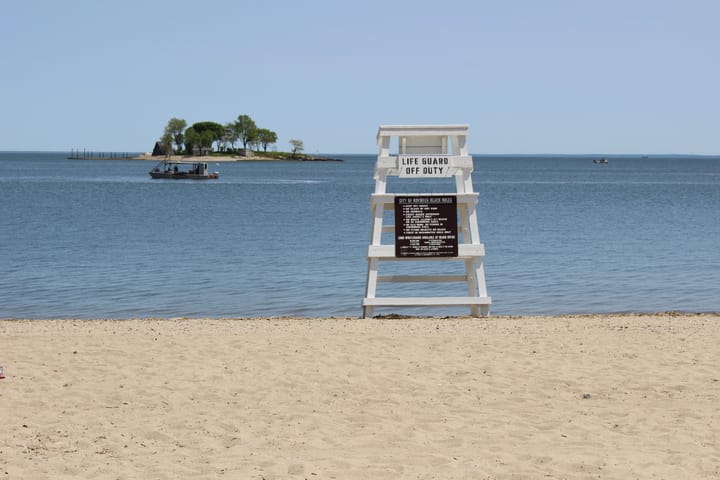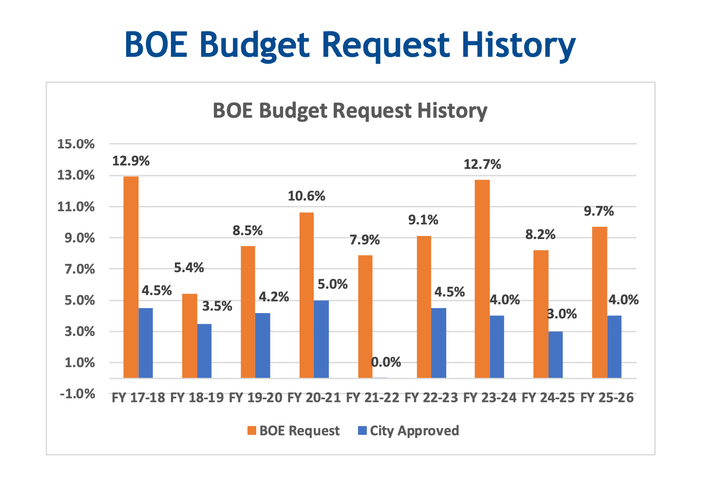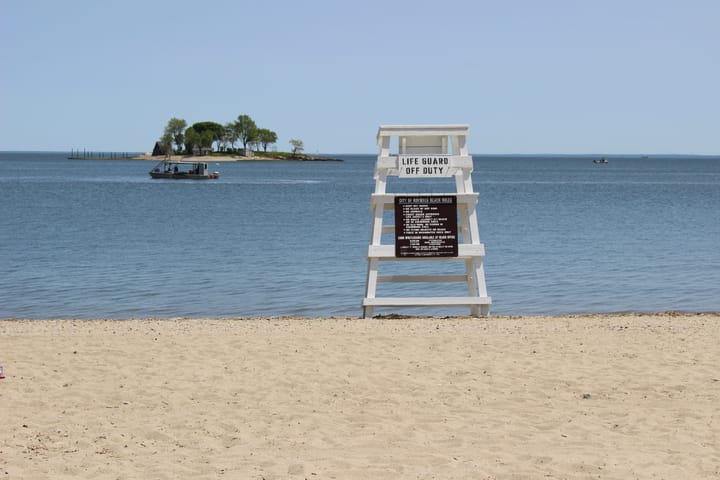Norwalk Board of Estimate and Taxation Approves Tentative Budget; Common Council to Vote on Capital Budget
Norwalk's BET tentatively approved a $414 million operating budget for 2022-23, while the capital budget is heading to the Common Council

Norwalk’s financial board, the Board of Estimate and Taxation, passed a tentative operating $414 million budget for the upcoming 2022-23 fiscal year.
The tentative budget calls for $217 million to fund schools and $196 million to fund the city side. Of that $414 million, $367 million comes from local taxes, and the remainder comes from grants and other sources of revenue.
Due to some minor tweaks and reallocations, the board’s tentative budget comes in $14,000 under the cap set by the Common Council. This budget is basically the final budget for the city—technically the Common Council has to set a final cap and then the Board of Estimate and Taxation has to approve a final budget, but since the board has stayed within the council’s initial cap, not much is expected to change.
The final budget will be adopted in May.
Capital Budget
Mayor Harry Rilling’s recommendations for the $40.9 million capital budget, which usually include one-time investments, such as infrastructure projects, are before the Common Council this Tuesday, April 12 at 7:30 p.m.
“My capital budget recommendation reflects my continued commitment to investing in our schools, infrastructure, and parks, while enhancing walkability, livability, and protecting our natural resources and environment,” Rilling wrote in a memo to the Common Council and Board of Estimate and Taxation.
Some highlights include:
- $1 million for school district instructional technology needs
- $600,000 to enhance school security measures
- $6 million for the pavement management plan
- $715,000 for the West Cedar Street Bridge
- $360,000 for affordable housing
- $2.5 million for city sidewalk, curb, and crosswalk improvements
- $50,000 for Norwalk River Valley Trail
- $50,000 for tree planting
- $410,000 for school and park playground upgrades
- $600,000 for Veteran’s Park dock improvements
- $560,000 for Casagrande Field’s new track
- $250,000 for Oyster Shell Park
- $1.8 million fro Calf Pasture Beach
- $3 million for Lockwood-Mathews Mansion
- $675,000 to the Wall Street corridor improvement projects
Even as the city plans for its capital budget this year, Chief Financial Officer Henry Dachowitz has issued a warning about the city’s financial future as it relates to its debt.
“I don't think the problem is the operating budget, it’s the capital side,” he said.
The city has many projects that have been authorized previously, but not yet bonded—due to construction delays or other reasons, along with additional school construction needs in the future, he said.
Dachowitz told the Board of Estimate and Taxation that the city has about $280 million of debt, and that “$400 million is the border for us between AAA (bond rating) and AA (bond rating).”
Bond ratings are used to highlight how likely a municipality is to meet its financial obligations. A downgrade could impact how much interest the city has to pay on its debt.
That’s because paying the interest and principal on the city’s debt is done in the operating budget, known as “debt service” and the debt service can only be about 10% of a city’s operating budget, before the bond rating agencies lower their rating.
“We have very, very large capital project costs that we have to finance,” Dachowitz said.



